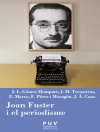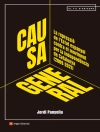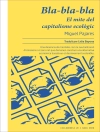Two Treatises of Government John Locke – First published anonymously in December 1689, John Lockes Two Treatises of Government are considered to be some of the most important works of political philosophy ever written. In the first treatise Locke disputes the divine right of monarchial rule principle that is put forth in the book Patriarcha by Sir Robert Filmer. The first treatise is in fact a sentence by sentence refutation of Patriarcha. Filmer asserts the idea that absolute authority over the world flows from the Biblical Adam and his ownership of the world and that the heir of Adam is the rightful inheritor of this authority. Locke dismisses this line of reasoning that authority flows from some divine lineage to the first man in favor of a system based on natural laws and consent of the people. In the second treatise Locke sets forth the basic principles of natural law that lay the foundation for basic human rights and the government of man. Also contained within this volume is the shorter work, A Letter Concerning Toleration.
เกี่ยวกับผู้แต่ง
John Locke was an English philosopher. Locke is considered the first of the British Empiricists, but is equally important to social contract theory. His ideas had enormous influence on the development of epistemology and political philosophy, and he is widely regarded as one of the most influential Enlightenment thinkers and contributors to liberal theory. His writings influenced Voltaire and Rousseau, many Scottish Enlightenment thinkers, as well as the American revolutionaries. This influence is reflected in the American Declaration of Independence.Locke’s theory of mind is often cited as the origin for modern conceptions of identity and ‘the self’, figuring prominently in the later works of philosophers such as David Hume, Jean-Jacques Rousseau and Immanuel Kant. Locke was the first Western philosopher to define the self through a continuity of ‘consciousness.’ He also postulated that the mind was a ‘blank slate’ or ‘tabula rasa’; that is, contrary to Cartesian or Christian philosophy, Locke maintained that people are born without innate ideas.












